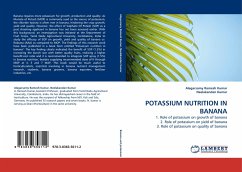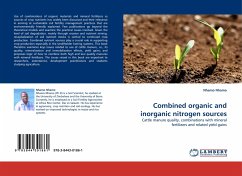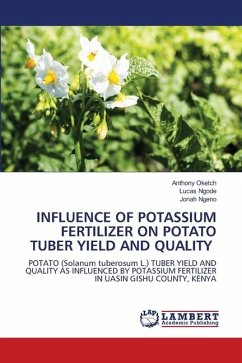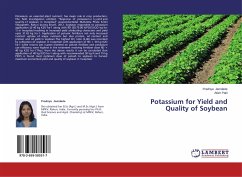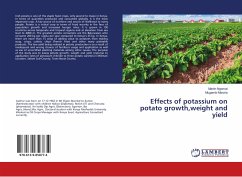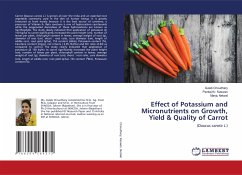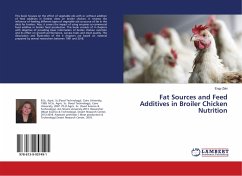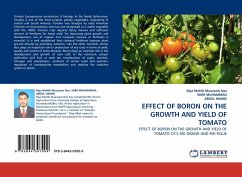Banana requires more potassium for growth, production and quality. As Muriate of Potash (MOP) is commonly used as the source of potassium, the chloride toxicity is often met in banana, hindering the crop growth, yield and quality. However, the effect of Sulphate Of Potash (SOP) as a post shooting applicant in banana has not been assessed earlier. With this background, an investigation was initiated at the Department of Fruit Crops, Tamil Nadu Agricultural University, Coimbatore, India to study the efficacy of SOP on growth, yield and quality of banana cv. Robusta (AAA) as compared to MOP. The findings of this research work have been published in a book form entitled "Potassium nutrition in banana". The key finding clearly indicated the benefit of SOP (1.5%) in increasing the bunch size with better quality fruits, realizing a higher benefit:cost ratio and it is recommended to integrate SOP spray (1.5%) in banana nutrition, besides supplying recommended dose of K through MOP at 3, 5 and 7 MAP. This book would be much useful to horticulturalists, scientists involving in banana nutrient management research, students, banana growers, banana exporters, fertilizer industries, etc.
Bitte wählen Sie Ihr Anliegen aus.
Rechnungen
Retourenschein anfordern
Bestellstatus
Storno

